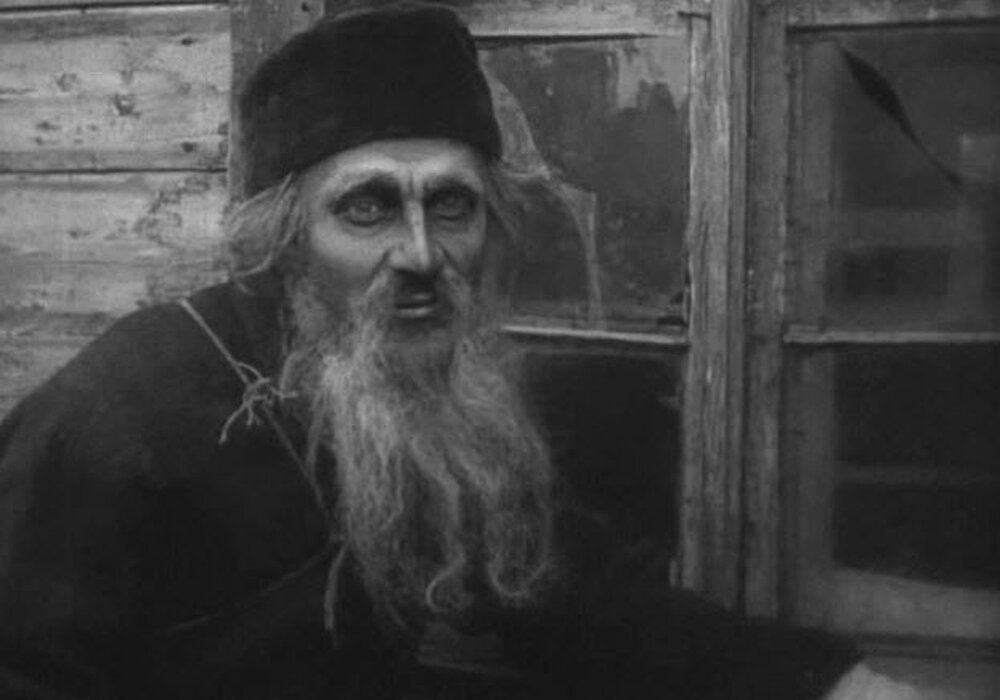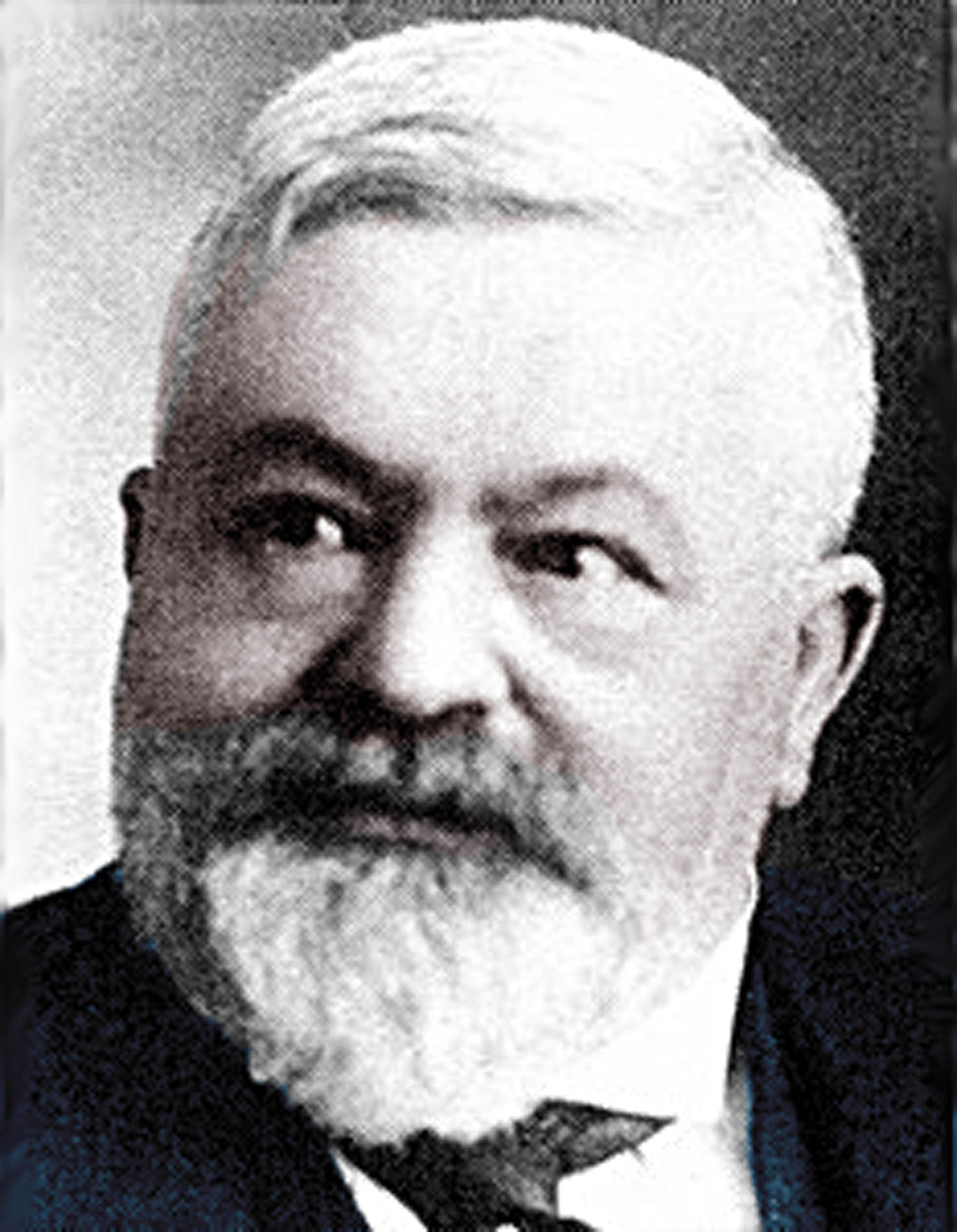|
Cinema Of Russia
The cinema of Russia, popularly known as Mollywood, refers to the film industry in Russia, engaged in production of motion pictures in Russian language. The popular term Mollywood is a portmanteau of "Moscow" and "Cinema of the United States, Hollywood". It began in the Russian Empire, widely developed in the Soviet Union and in the years following its Dissolution of the USSR, dissolution. The Russian film industry would remain internationally recognized. In the 21st century, Russian cinema has become known internationally with films such as ''Hardcore Henry'' (2015), ''Leviathan (2014 film), Leviathan'' (2014), ''Night Watch (2004 film), Night Watch'' (2004) and ''Brother (1997 film), Brother'' (1997). The Moscow International Film Festival began in Moscow in 1935. The Nika Award is the main annual national film award in Russia. Cinema of the Russian Empire The first films seen in the Russian Empire were brought in by the Auguste and Louis Lumière, Lumière brothers, who ex ... [...More Info...] [...Related Items...] OR: [Wikipedia] [Google] [Baidu] |
Brother (1997 Film)
''Brother'' (, Transliteration, translit. ''Brat'') is a 1997 Russian neo-noir Crime film#Crime drama, crime drama film written and directed by Aleksei Balabanov. The film stars Sergei Bodrov Jr. as Danila Bagrov, a young ex-conscript who becomes embroiled with the Saint Petersburg mob through his criminal older brother. It appeared in the Un Certain Regard section at the 1997 Cannes Film Festival. It was through playing the lead role in ''Brother'' that Sergei Bodrov "became a matinee idol in 1997". After its release on VHS in June 1997, ''Brother'' unexpectedly became one of the most commercially successful Cinema of Russia, Russian films of the 1990s and quickly rose to cult film status throughout Russia. Due to the film's popularity and fan demand, a sequel, ''Brother 2'', was released in 2000. Plot Danila Bagrov (Sergei Bodrov Jr.), recently discharged after serving in the First Chechen War, Chechen War, returns to his hometown. His mother insists that he travel to Sai ... [...More Info...] [...Related Items...] OR: [Wikipedia] [Google] [Baidu] |
Defence Of Sevastopol
''Defence of Sevastopol'' () is a 1911 historical war film about the Siege of Sevastopol during the Crimean War and one of the most important films in the history of Russian cinema and cinema in general. It was the first feature film made in the Russian Empire and it premiered on 26 October at the Livadia Palace of Tsar Nicolas II. It was also the first film in the world recorded using two cameras. The film was also notable for using special "sound effects" (gun and cannon fire) and for using the actual war veterans as consultants. Film crew * Directors and writers: Vasily Goncharov and Aleksandr Khanzhonkov * Cinematographers: Louis Forestier and Aleksandr Ryllo * Artist: V. Fester * Composer: Georgiy Kozachenko * Consultant: Polkovnik M. Lyakhov Cast * A. Bibikov — ''graf Eduard Totleben'' * Pavel Biryukov * B. Borisov * Aleksandra Goncharova * Borus Gorin-Goryainov * Andrey Gromov — ''admiral Pavel Nakhimov Pavel Stepanovich Nakhimov (, ; – ) was a ... [...More Info...] [...Related Items...] OR: [Wikipedia] [Google] [Baidu] |
Ivan Mozzhukhin
Ivan Ilyich Mozzhukhin ( rus, Иван Ильич Мозжухин, p=ɪˈvan ɨˈlʲjitɕ mɐˈʑːʉxʲɪn; – 18 January 1939), usually billed using the French transliteration Ivan Mosjoukine, was a Russian silent film actor. Career in Russia Ivan Mozzhukhin was born in Kondol, in the Saratov Governorate of the Russian Empire (present-day Penza Oblast in Russia), the youngest of four brothers. His mother Rachel Ivanovna Mozzhukhina (née Lastochkina) was the daughter of a Russian Orthodox priest, while his father Ilya Ivanovich Mozzhukhin came from peasants and served as an estate manager for the noble Obolensky family. He inherited this position from his own father—a serf whose children were granted freedom as a gratitude for his service.Oleg Sirotin (2014). Double Star: Aleksandr and Ivan Mozzhukhin' double biography in the Penza Regional Library, electronic version (in Russian)Oleg Sirotin. Family and fatherland of Ivan Mozzhukhin' article from the Notes on Film Studie ... [...More Info...] [...Related Items...] OR: [Wikipedia] [Google] [Baidu] |
Aleksandr Khanzhonkov
Aleksandr Alekseevich Khanzhonkov ( rus, Александр Алексеевич Ханжонков, p=ɐlʲɪˈksandr ɐlʲɪˈksʲejɪvʲɪtɕ xənˈʐonkəf; — 26 September 1945) was a pioneering Russian Empire, Russian''Peter Rollberg (2016)''Historical Dictionary of Russian and Soviet Cinema — Rowman & Littlefield, p. 366 cinema entrepreneur, film director and screenwriter. He is known for producing ''Defence of Sevastopol'', Russia's first feature film, as well as Ladislas Starevich's ground-breaking stop motion animation. Most of his career was in Russian Empire. During 1923-1926 he worked in the Soviet Union, where his career ended with a financial scandal, however his past achievements earned him a personal pension and an apartment from the state. Early years Khanzhonkov was born in the small village of Khanzhonkova of the Don Host Oblast (modern-day Makiivka, Donetsk Oblast) into a Russian nobility, noble family of Don Cossacks. His father Alexei Petrovich Khanzhonk ... [...More Info...] [...Related Items...] OR: [Wikipedia] [Google] [Baidu] |
Vladimir Romashkov
Vladimir Fyodorovich Romashkov (; 2 July 1862 – 5 October 1939) was a Russian actor and director in the theatre and films. He directed the first Russian Russian(s) may refer to: *Russians (), an ethnic group of the East Slavic peoples, primarily living in Russia and neighboring countries *A citizen of Russia *Russian language, the most widely spoken of the Slavic languages *''The Russians'', a b ... narrative film, '' ''Stenka Razin'''', released on October 15 (October 28), 1908. ''The Cambridge Companion to Twentieth-Century Russian Literature''13 - Literature and Film/ref> References 1862 births 1939 deaths People from Astrakhan Film directors from the Russian Empire 19th-century male actors from the Russian Empire {{Russia-film-director-stub ... [...More Info...] [...Related Items...] OR: [Wikipedia] [Google] [Baidu] |
Stenka Razin (film)
''Stenka Razin'' (), also called ''Free Men of the Volga'', is a 1908 silent film. It is generally considered the first Russian feature film. Plot The film dramatizes a popular story about the historical Cossack leader Stenka Razin. In the film's narrative, Razin falls in love with a captured Persian princess. His followers object to his love and try to denigrate her, first by interrupting her seductive dance with a Russian dance of their own, then by framing her for infidelity. They successfully turn Razin against the princess, and he throws her into the Volga. Production ''Stenka Razin'' was produced by Alexander Drankov. Previously a photo journalist and official photographer for the Duma and Nicholas II, Drankov opened the first Russian film studio in 1907 and began producing documentaries in February 1908. Drankov advertised ''Stenka Razin'' as Russia's first feature, although it was not his first attempt. He had previously attempted to film an adaption of Boris Go ... [...More Info...] [...Related Items...] OR: [Wikipedia] [Google] [Baidu] |
Aleksandr Drankov
Alexander Osipovich Drankov (; 1879–1949) was a Russian and Soviet photographer, cameraman, film director, and film producer. He is considered a pioneer of Russian pre-revolutionary cinematography. Biography Drankov was born Abram Iosifovich Drankov (Абрам Иосифович Дранков). Despite having no formal education, Alexander Drankov and his brother Lev founded a photography studio in Saint Petersburg. Alexander worked as a foreign photography correspondent for the Illustrated London News and L'Illustration and was an official photographer for the Duma and Nicholas II. Drankov also filmed title cards for French movies in Russian. His studio was on the cutting edge of technology, owning a Pathé camera and electric lighting. 1907-1908 In the Fall of 1907, Drankov advertised that he would open a movie studio called a "cinematographic atelier." His announcement encouraged Pathé to create their first Russian documentary, ''Донские казаки в Москв� ... [...More Info...] [...Related Items...] OR: [Wikipedia] [Google] [Baidu] |
Moscow Kremlin
The Moscow Kremlin (also the Kremlin) is a fortified complex in Moscow, Russia. Located in the centre of the country's capital city, the Moscow Kremlin comprises five palaces, four cathedrals, and the enclosing Kremlin Wall along with the Kremlin towers. In the complex is the Grand Kremlin Palace, which was one of the royal residences of the Tsar of Russia, and now is the residence of the president of the Russian Federation. The Moscow Kremlin overlooks the Moskva River to the south, Saint Basil's Cathedral and Red Square to the east, and Alexander Garden to the west. In the Russian language, ''kremlin'' denotes a 'fortress within a city', and there are many historical cities with Kremlin of their own. However, the Moscow Kremlin, the best known, also serves an international-politics metonym that identifies the Government of Russia. During the Cold War (1947–1991), the term ''The Kremlin'' meant the Government of the Soviet Union and the term '' Kremlinology'' meant t ... [...More Info...] [...Related Items...] OR: [Wikipedia] [Google] [Baidu] |
Nicholas II Of Russia
Nicholas II (Nikolai Alexandrovich Romanov; 186817 July 1918) or Nikolai II was the last reigning Emperor of Russia, Congress Poland, King of Congress Poland, and Grand Duke of Finland from 1 November 1894 until Abdication of Nicholas II, his abdication on 15 March 1917. He Wedding of Nicholas II and Alexandra Feodorovna, married Alexandra Feodorovna (Alix of Hesse), Alix of Hesse (later Alexandra Feodorovna) and had five children: the OTMA sisters – Grand Duchess Olga Nikolaevna of Russia, Olga, born in 1895, Grand Duchess Tatiana Nikolaevna of Russia, Tatiana, born in 1897, Grand Duchess Maria Nikolaevna of Russia, Maria, born in 1899, and Grand Duchess Anastasia Nikolaevna of Russia, Anastasia, born in 1901 — and the tsesarevich Alexei Nikolaevich, Tsarevich of Russia, Alexei Nikolaevich, who was born in 1904, three years after the birth of their last daughter, Anastasia. During his reign, Nicholas gave support to the economic and political reforms promoted by his prim ... [...More Info...] [...Related Items...] OR: [Wikipedia] [Google] [Baidu] |
Camille Cerf (journalist)
Camille Cerf (1862 - 1936), born in Arlon, was a Belgian filmmaker who worked with the Lumière brothers, mainly as a camera operator, during the late nineteenth and twentieth centuries. He was responsible for producing the first film in Russia, which was the recording the coronation of Czar Nicholas II Nicholas II (Nikolai Alexandrovich Romanov; 186817 July 1918) or Nikolai II was the last reigning Emperor of Russia, King of Congress Poland, and Grand Duke of Finland from 1 November 1894 until his abdication on 15 March 1917. He married ... at the Kremlin in May 1896. On March 12, 1896, he organized the opening of Lumiere Cinematographe. 1995. "PART I: Chronology." Film History 7, no. 2: 119-178. Communication & Mass Media Complete, EBSCOhost (accessed May 4, 2013). References {{DEFAULTSORT:Cerf, Camille Belgian filmmakers 1862 births 1936 deaths ... [...More Info...] [...Related Items...] OR: [Wikipedia] [Google] [Baidu] |
Auguste And Louis Lumière
The Lumière brothers (, ; ), Auguste Marie Louis Nicolas Lumière (19 October 1862 – 10 April 1954) and Louis Jean Lumière (5 October 1864 – 6 June 1948), were French manufacturers of photography equipment, best known for their ' motion picture system and the short films they produced between 1895 and 1905, which places them among the earliest filmmakers. Their screening of a single film on 22 March 1895, for around 200 members of the Société d'encouragement pour l'industrie nationale (Society for the Development of the National Industry) in Paris was probably the first presentation of projected film. Their first commercial public screening on 28 December 1895, for around 40 paying visitors and invited relations has traditionally been regarded as the birth of cinema. Either the techniques or the business models of earlier filmmakers proved to be less viable than the breakthrough presentations of the Lumières. History The Lumière brothers were born in Besançon, ... [...More Info...] [...Related Items...] OR: [Wikipedia] [Google] [Baidu] |





